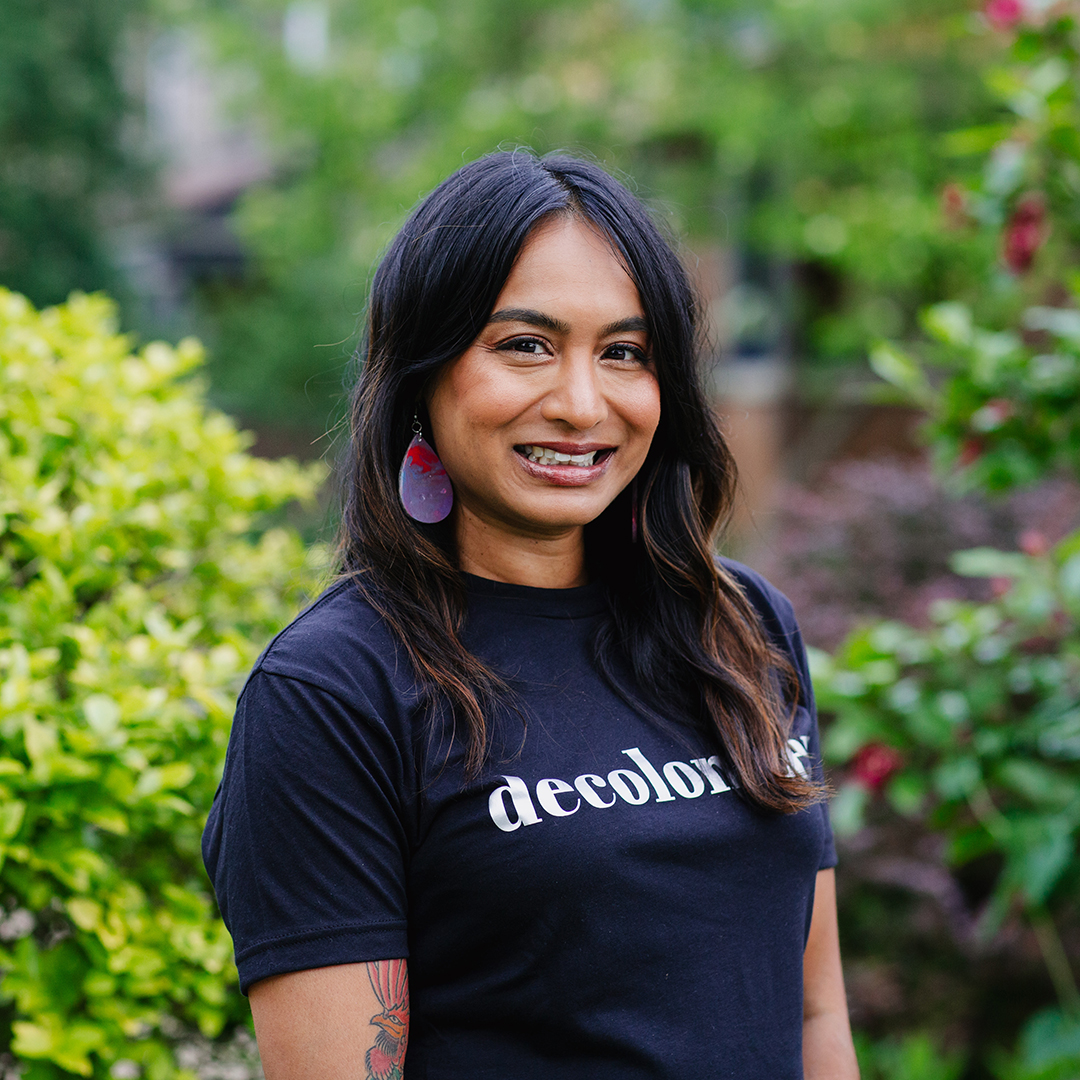 If we know that we cannot — and should not — be everything to everyone, how will we get our communities what they need while preserving our energy for the long fight ahead? Now is the time to radically reimagine what could be when we embrace our role in the Social Change Ecosystem.
If we know that we cannot — and should not — be everything to everyone, how will we get our communities what they need while preserving our energy for the long fight ahead? Now is the time to radically reimagine what could be when we embrace our role in the Social Change Ecosystem.
Essay Archives
The catalyzing synergy of anger and hope
 …what’s gotten me out of bed and into a posture of action is when I can both acknowledge and grieve for what’s at stake, and hold tight to what’s possible. In these types of conditions, to hope is to resist.
…what’s gotten me out of bed and into a posture of action is when I can both acknowledge and grieve for what’s at stake, and hold tight to what’s possible. In these types of conditions, to hope is to resist.
If we have to work to support our families, work should support our families: a call for Paid Family Leave across the sector
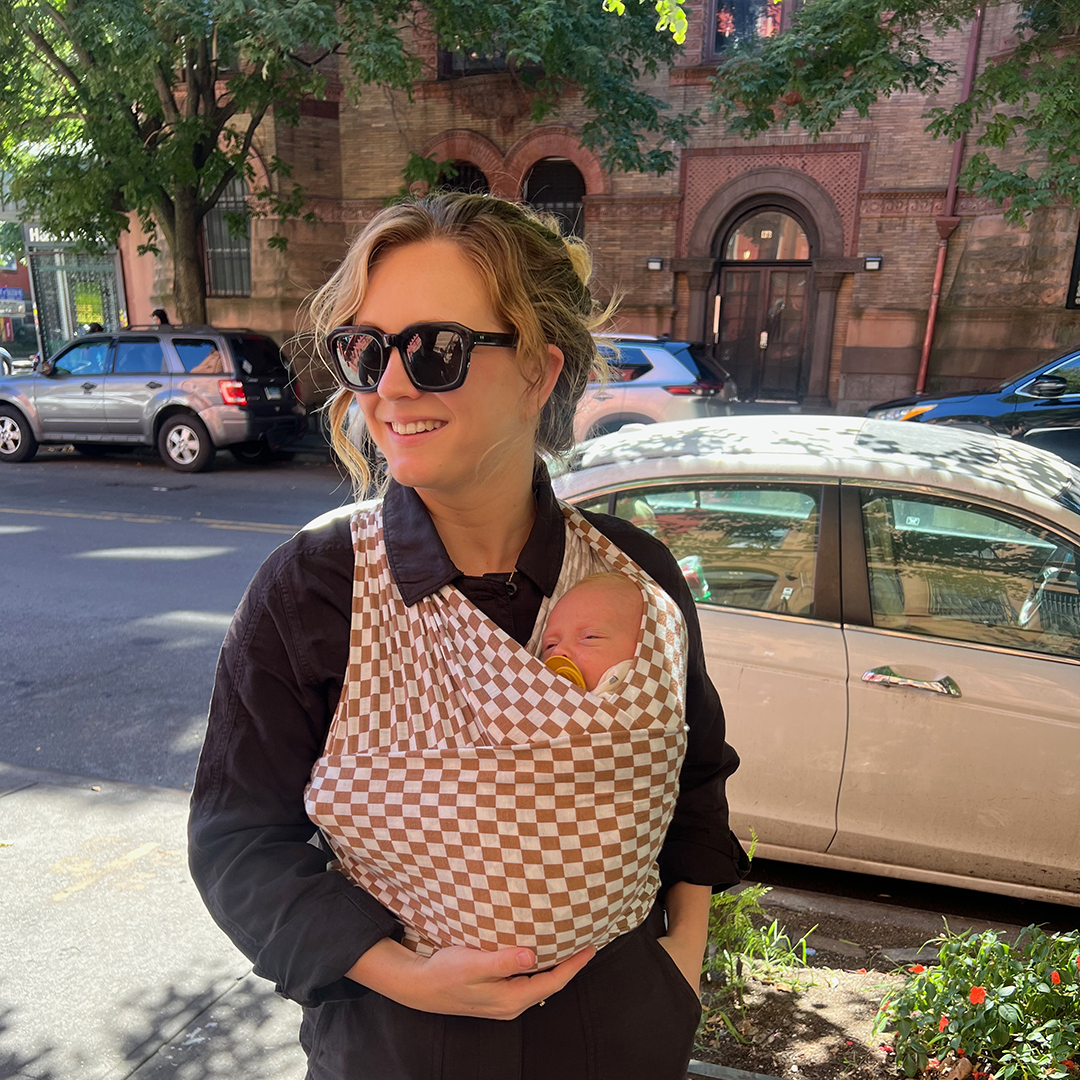 …as of March 2023, only 27% of civilian workers had access to paid family leave through their employer. Among the lowest-paid people, that number shrinks to just 6%. Cue the mom rage.
…as of March 2023, only 27% of civilian workers had access to paid family leave through their employer. Among the lowest-paid people, that number shrinks to just 6%. Cue the mom rage.
How are we living our CCF value of courage in this moment?
 I ask all of us to reflect on that value of courage and consider: How are we living up to our value of courage in this space, context, and moment? And how are we falling short of living up to our value of courage in this space, context, and moment?
I ask all of us to reflect on that value of courage and consider: How are we living up to our value of courage in this space, context, and moment? And how are we falling short of living up to our value of courage in this space, context, and moment?
Keep your “love is love” and other platitudes: 5 things individuals, organizations, and foundations can do this Pride month
 This year, I don’t want to see a single “ally” say “love is love,” or “love wins,” or “all you need is love,” or any other trite, pointless, platitude. (I never want to see these, but especially not this year.)
This year, I don’t want to see a single “ally” say “love is love,” or “love wins,” or “all you need is love,” or any other trite, pointless, platitude. (I never want to see these, but especially not this year.)
The exhausting art of making others comfortable
 When we lean into discomfort with open hearts and curious minds, we become more capable of seeing the full humanity in others—and in doing so, we become better advocates, better allies, and better people.
When we lean into discomfort with open hearts and curious minds, we become more capable of seeing the full humanity in others—and in doing so, we become better advocates, better allies, and better people.
The purge and the purpose: Saying goodbye to those abandoning justice in nonprofit work
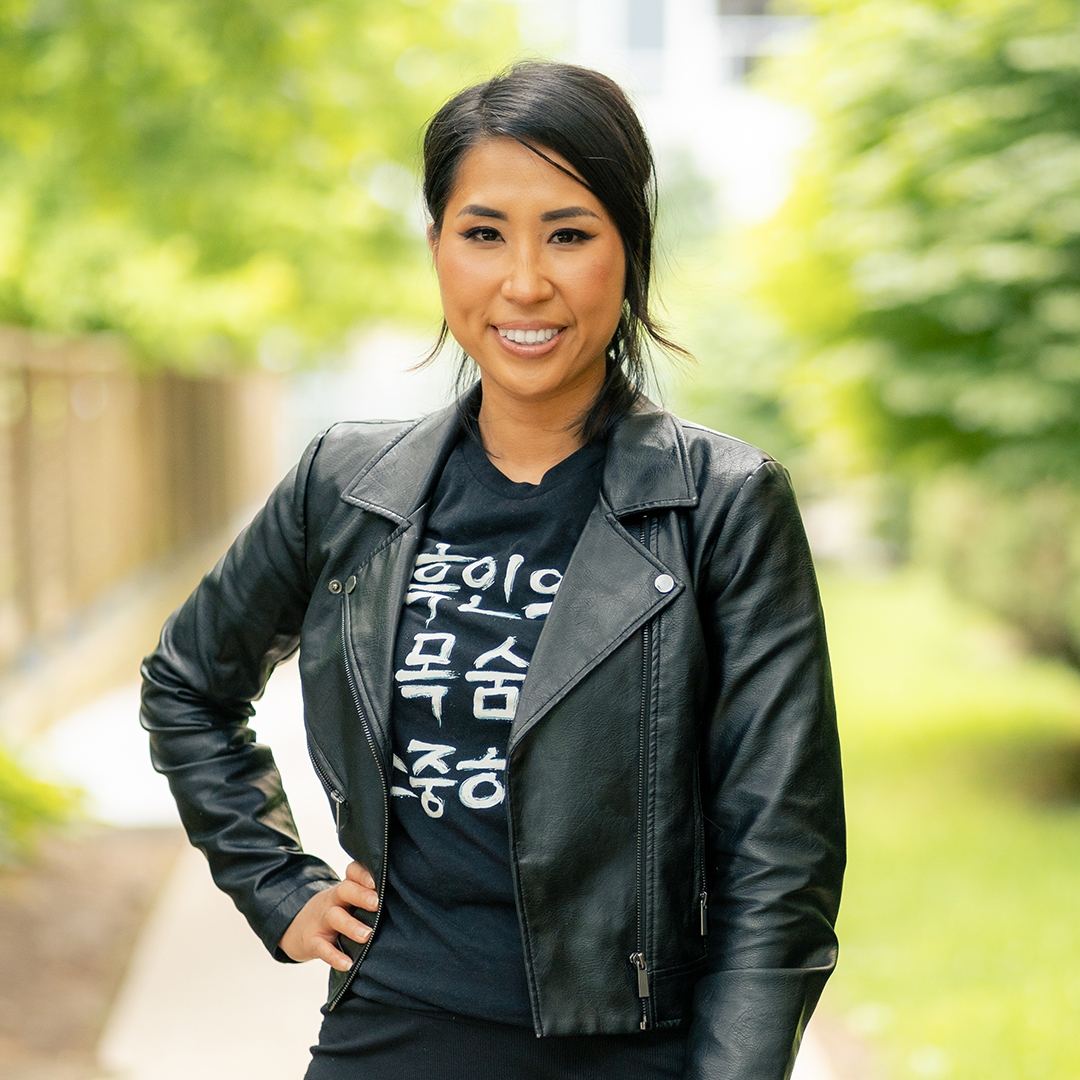 Regarding the folks softening their language, prioritizing their comfort, and claiming a sudden reduction in risk capacity—let them go. One of the more nefarious dangers to justice movements is precisely the white moderate. And this sector has a tendency to reward and celebrate them.
Regarding the folks softening their language, prioritizing their comfort, and claiming a sudden reduction in risk capacity—let them go. One of the more nefarious dangers to justice movements is precisely the white moderate. And this sector has a tendency to reward and celebrate them.
World-building at world’s end: Our responsibility at the precipice of catastrophe
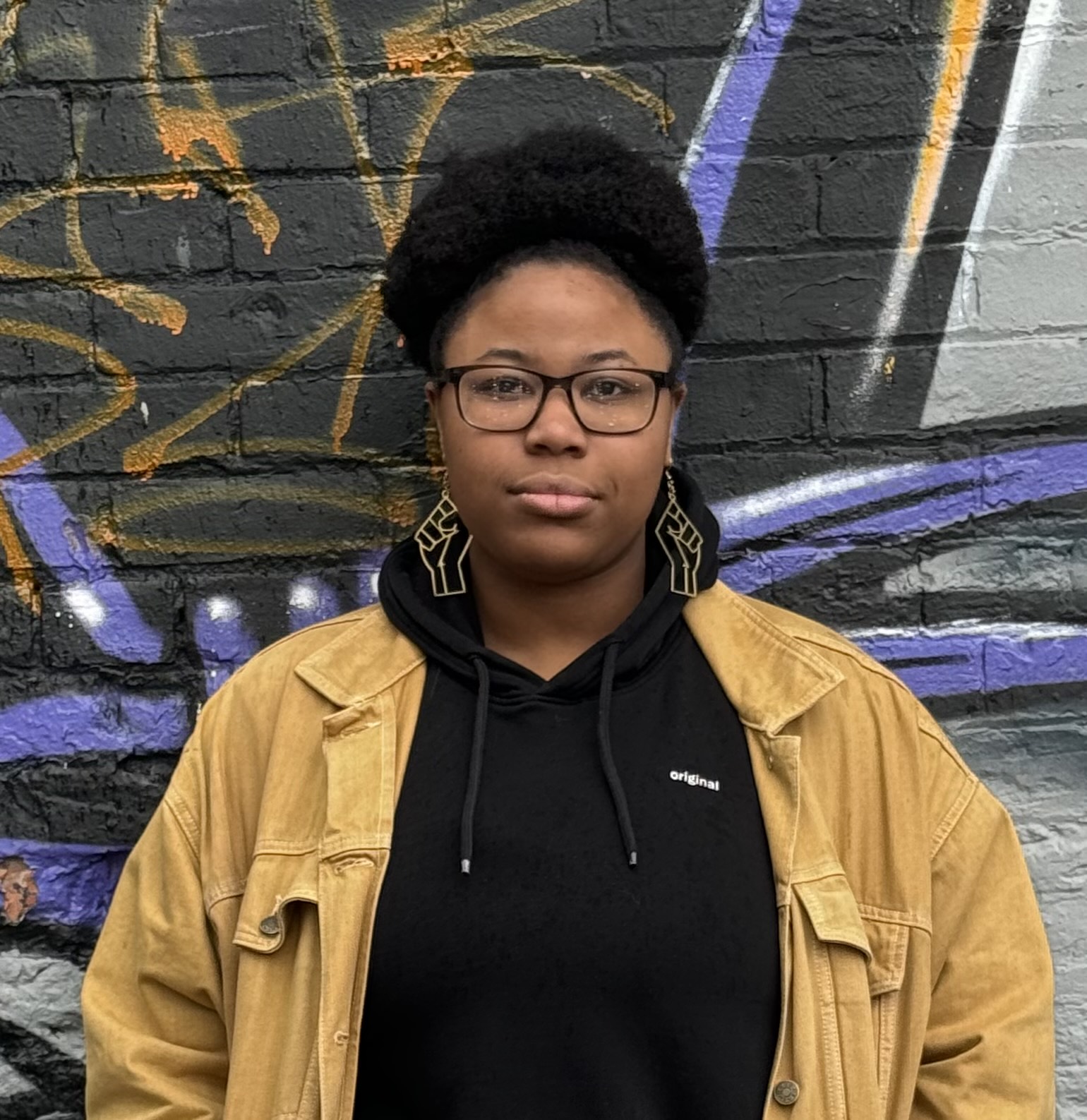 Here we are fragile, but not yet broken. Here we are rallying in defiance. Here we are with our ancestor’s breath fresh in our lungs. We are at this moment together. We are facing this moment with eyes wide open. It is now that we summon the screams in our chest. It is now that those sounds must create anew.
Here we are fragile, but not yet broken. Here we are rallying in defiance. Here we are with our ancestor’s breath fresh in our lungs. We are at this moment together. We are facing this moment with eyes wide open. It is now that we summon the screams in our chest. It is now that those sounds must create anew.
USAID’s pause and its effect on one Kenyan organization
 One day, Bernadette and others were working in the office, when they received the news that everything was being put on hold indefinitely due to the order made by the US president to stop funding the President’s Emergency Plan for AIDS Relief (PEPFAR).
One day, Bernadette and others were working in the office, when they received the news that everything was being put on hold indefinitely due to the order made by the US president to stop funding the President’s Emergency Plan for AIDS Relief (PEPFAR).
Palestine will free us all: A story of funder repression
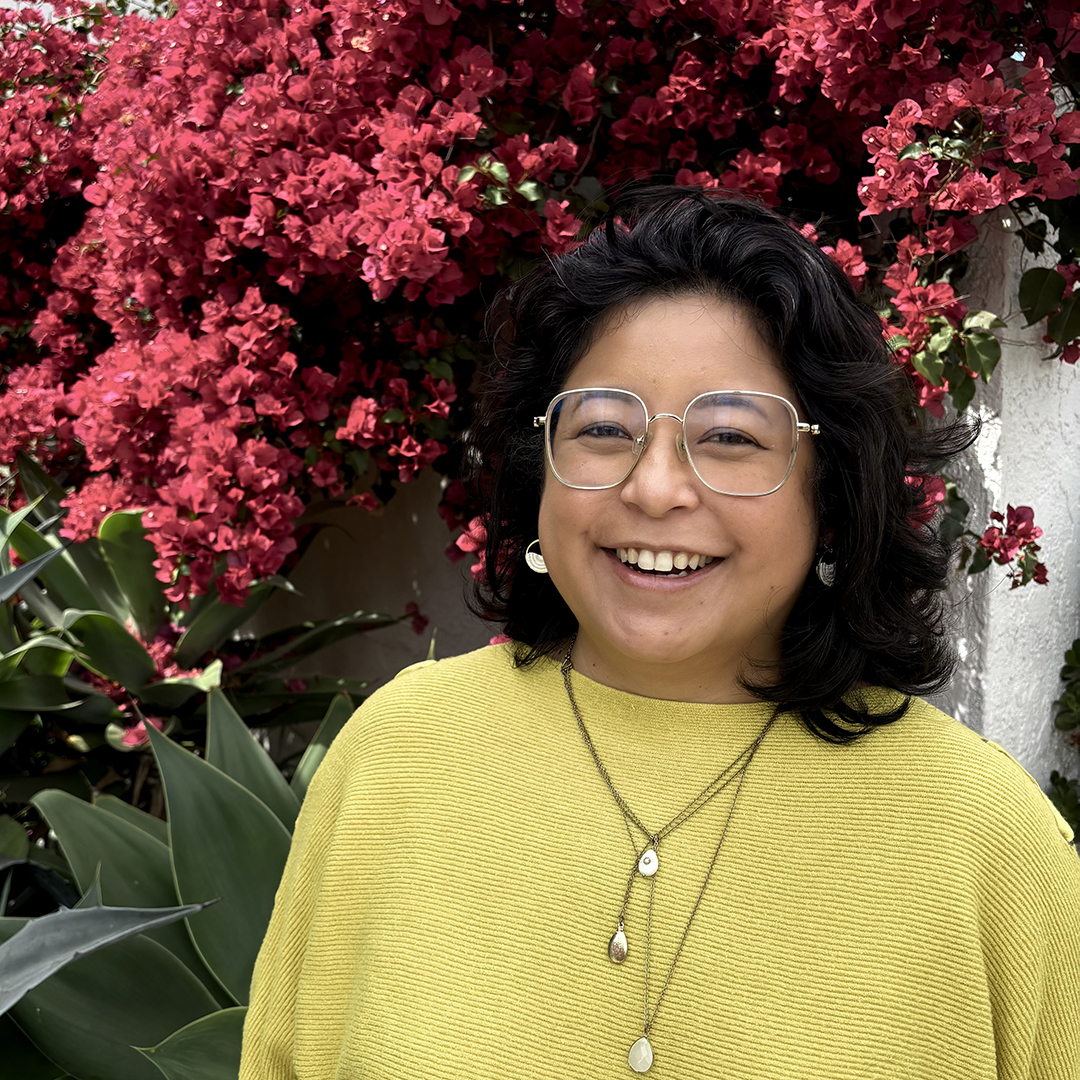 The funding loss was initially a gut punch. It stoked fear in our hearts, it made us question our campaigns, and above all, it made us grieve the ongoing violence against Palestine.
The funding loss was initially a gut punch. It stoked fear in our hearts, it made us question our campaigns, and above all, it made us grieve the ongoing violence against Palestine.
Navigating justice as the “model” minority: Asian solidarity and allyship in BIPOC movements
By Rachel D’Souza and Esther Saehyun Lee
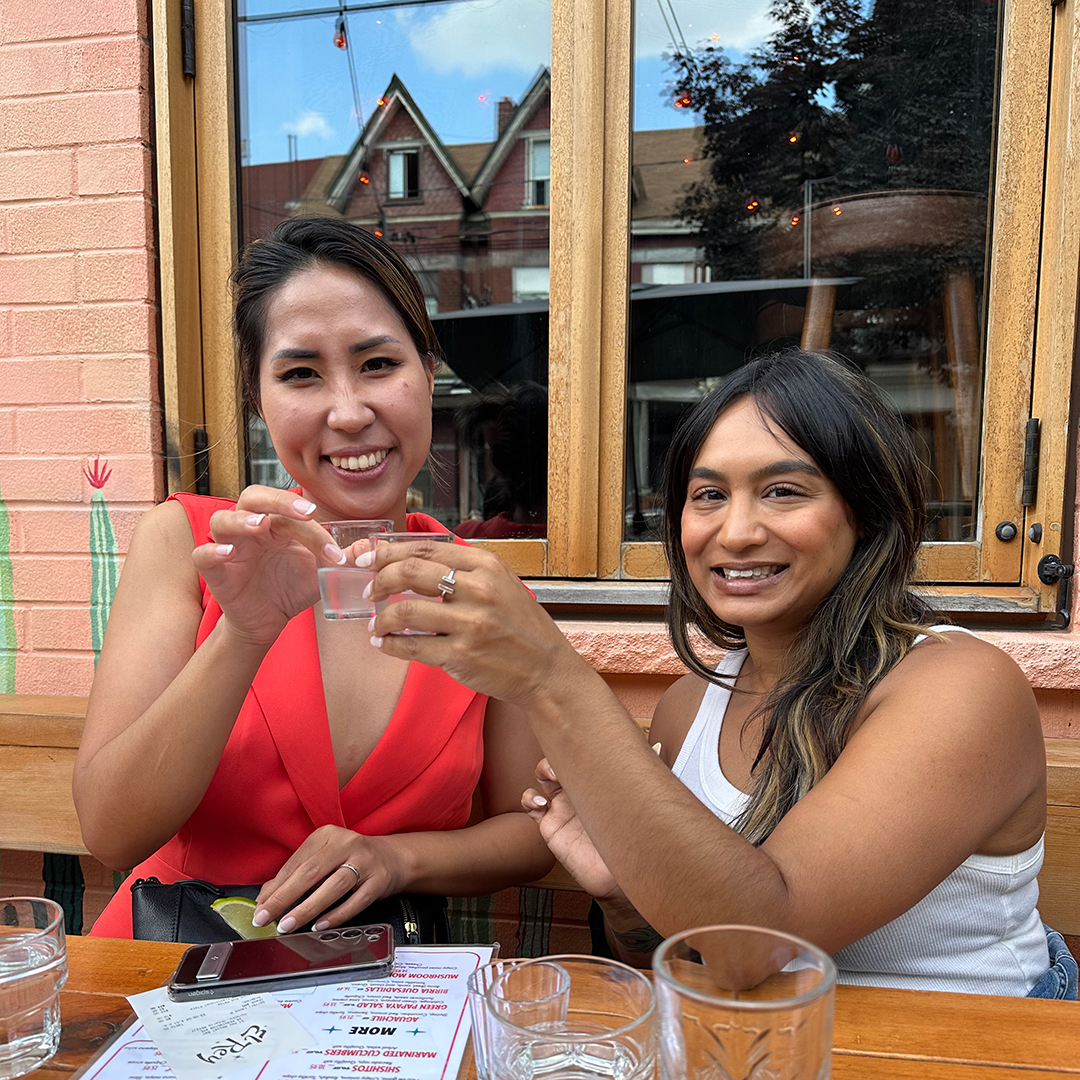 In honor of Asian American Heritage Month, Esther and I wanted to explore the potential roles and opportunities for those of us who identify as Asian or of the Asian diaspora in movements for justice like Community-Centric Fundraising.
In honor of Asian American Heritage Month, Esther and I wanted to explore the potential roles and opportunities for those of us who identify as Asian or of the Asian diaspora in movements for justice like Community-Centric Fundraising.
Making DEI unshakeable: Why it needs to be embedded in your organization and not just a program in it
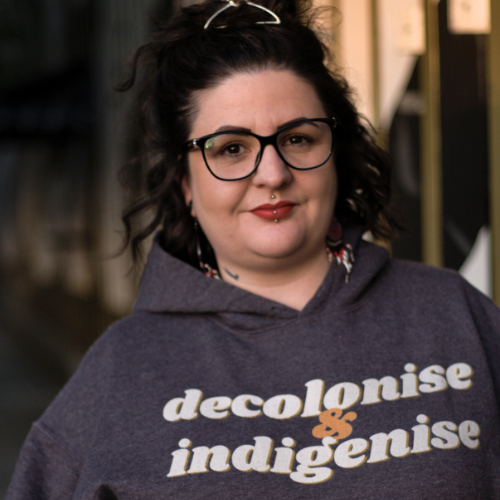 This is a time to move beyond only diversity-based initiatives… and make the structural changes necessary to create a workplace where Black, Indigenous, People of Color, disabled, queer, trans and gender-expansive people, and others who face systemic oppression are safe to work.
This is a time to move beyond only diversity-based initiatives… and make the structural changes necessary to create a workplace where Black, Indigenous, People of Color, disabled, queer, trans and gender-expansive people, and others who face systemic oppression are safe to work.
